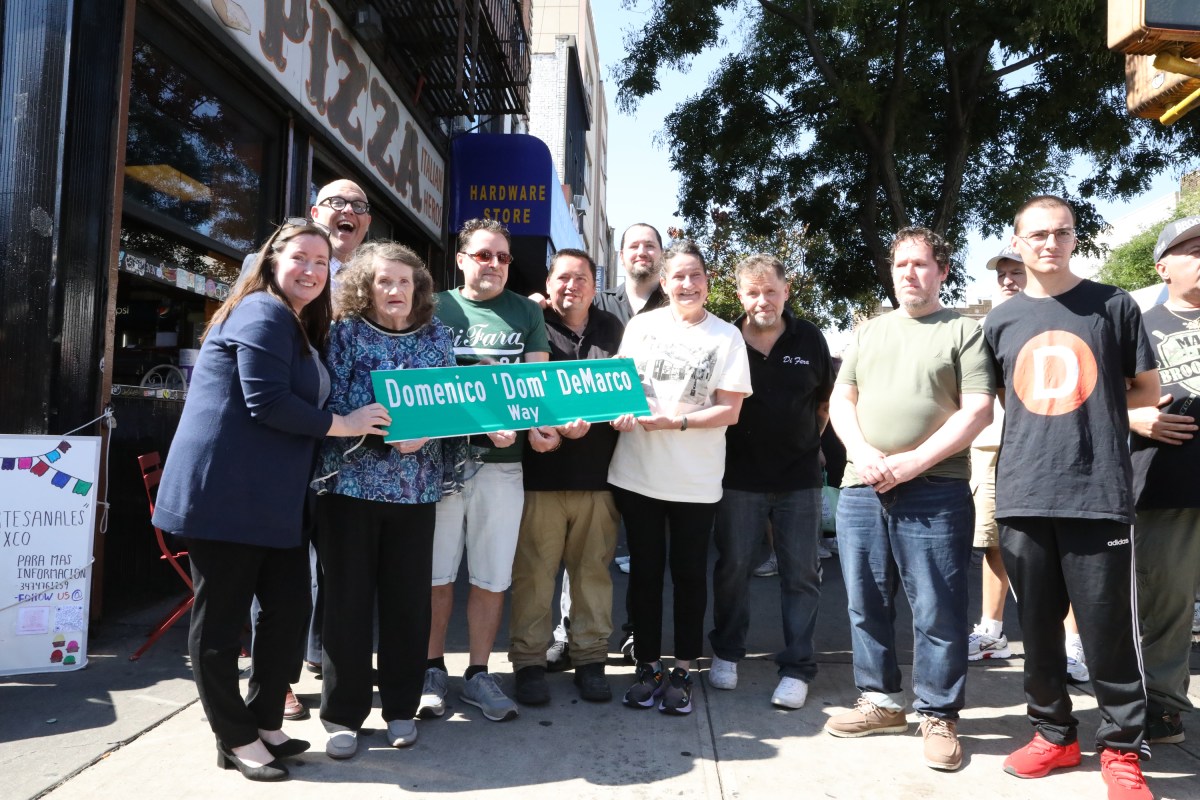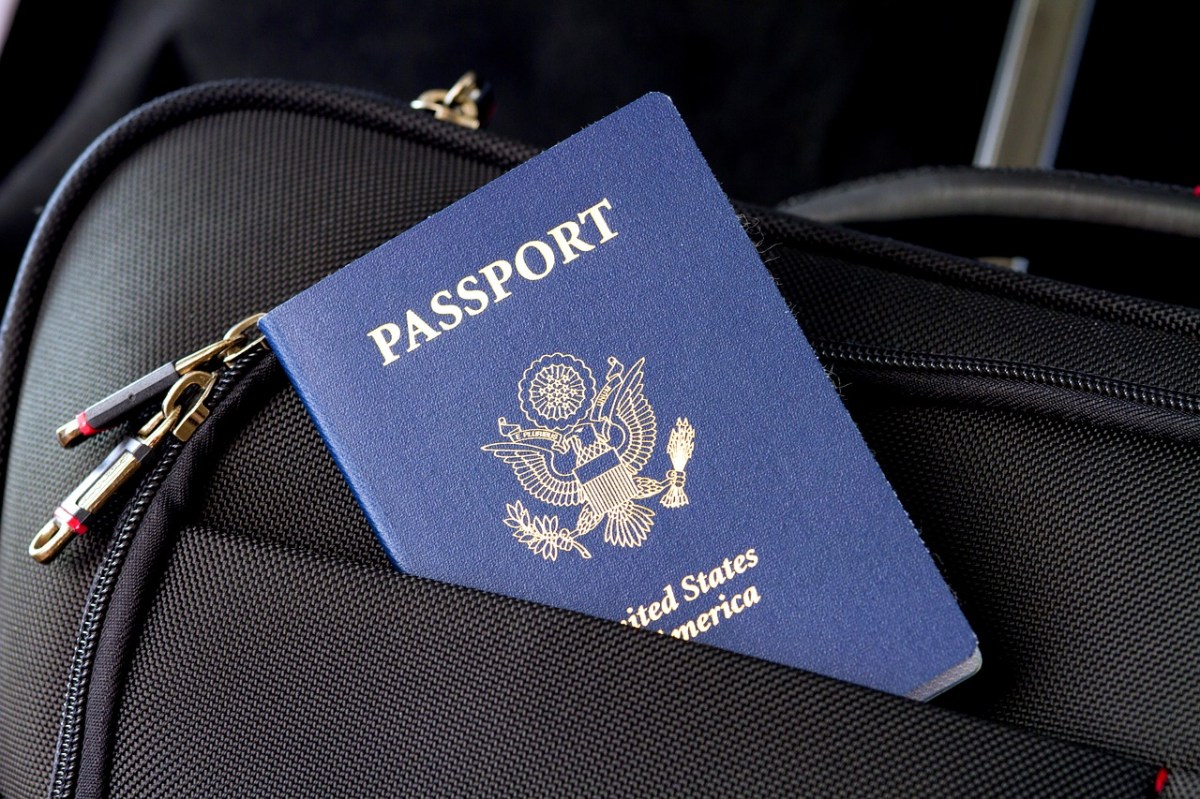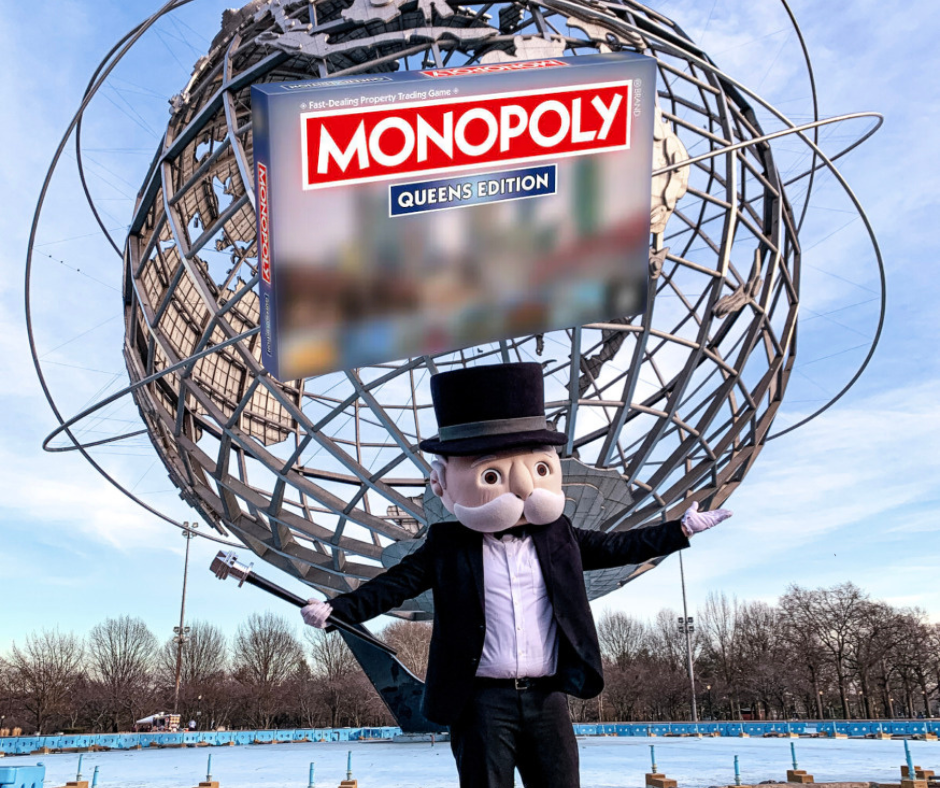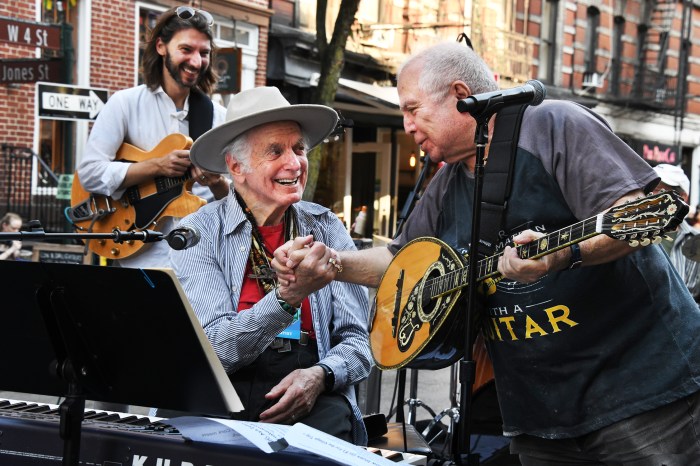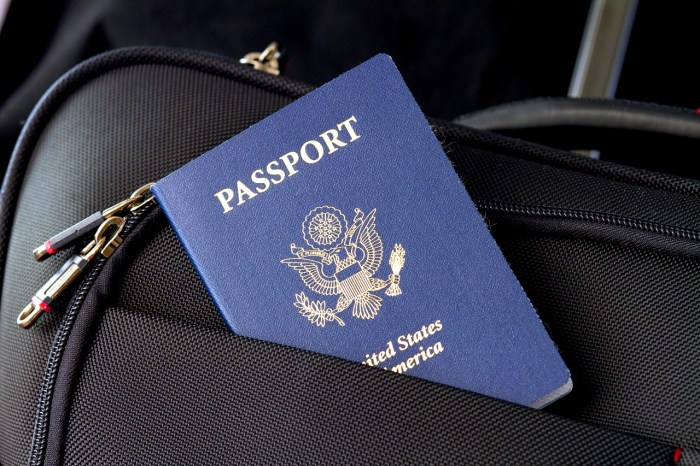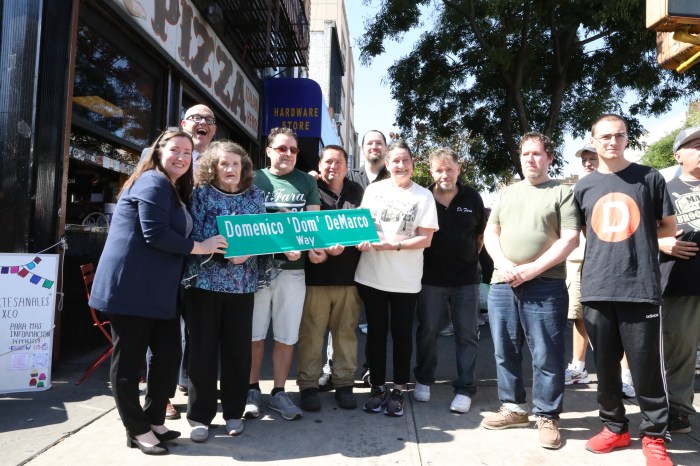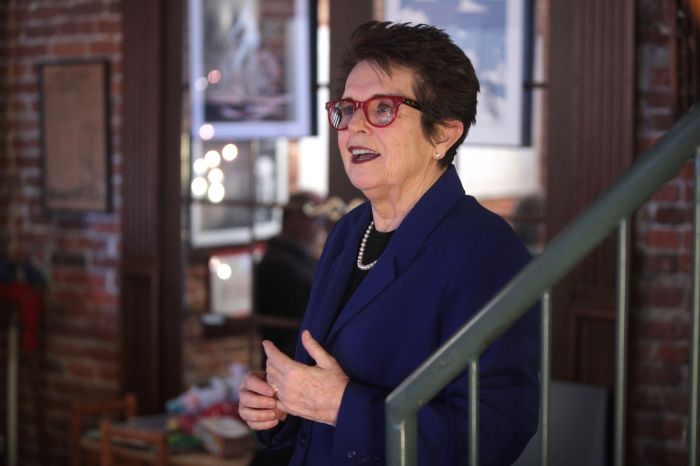By Aidan Gardiner
In about 490 B.C., Pheidippides ran from the battlefield at Marathon to Athens, roughly 25 miles away, and announced Greece’s victory over the Persian army. He then reportedly collapsed dead on the spot, but created a new sport.
Two-and-a-half millenniums later, Chris Solarz, 32, a financial consultant and East Villager, plans to run in Rio de Janeiro’s July 17 marathon in an attempt to one-up Pheidippides and generations of marathoners who followed him by setting the new record for the fastest aggregate marathon on seven different continents.
Nicholas Twomey of the United Kingdom holds the current record at 23:41:49, but Solarz is confident that he can set a new one. Solarz needs to run better than 4:17:06 in Rio to put him over Twomey. Up to this point Solarz’s slowest time in his record attempt is 3:32:12 in Antarctica, which, according to him, was an exceptionally tough course to run, with mud, plus winds reaching up to 35 miles per hour.
If Solarz does break the record, Twomey can rerun one of his races faster and try to claim the record again.
Solarz currently has three Guinness World Records. In 2009, he and a friend visited all 468 of New York City’s subway stations in 22 hours and 51 minutes. Then, this June he set two more records. First, he and four other men ran an entire marathon while tethered together by a 12-foot rope. Days later, he ran a total of 33,000 feet in just under 12 hours by running up the staircases of a Philadelphia skyscraper 55 times.
“He seems to come up with something new or crazier each and every time you talk to him about another goal or accomplishment,” said Brad Weiss, who has known Solarz for nearly a decade and ran the tethered marathon with him. “He’s just looking for other unique ways of approaching the sport that keep him revitalized. He’s different from the everyday runner who, for the most part, is training for a personal best.”
“I love the people chasing these Olympic dreams, but I have other dreams now. I have Guinness dreams now,” Solarz said. “It’s just for fun. I don’t take this too seriously.”
Solarz began his running career when he was in junior high school, and ran his first marathon in college.
“It was something that I’d always wanted to do,” he said, “the allure and the excitement of going longer and farther than you’ve ever gone.”
Solarz came upon a kind of running revelation while he was in graduate school in Australia.
“I met some guys who did some serious running: back-to-back marathons, marathons on subsequent weekends, 50Ks, 60Ks and progressively longer distances,” he said.
Now, Solarz competes in various running endurance events, some in world-class cities and others in remote stretches of Earth. He’s run in Hong Kong, on Easter Island, in Kuala Lumpur, Antarctica and Stockholm, among others.
Solarz often runs marathons with his wife, Bea Reig.
“It’s a great excuse to run through the trails in some small little town,” he said.
“It’s really fun because we’re both busy and the marathon is a stretch of time when we don’t have anything else to do but hang out,” Reig said. “Luckily, I’m slow so it takes a while and we can catch up on things.”
The two met at a speed-dating event in the East Village. Solarz attributes their decision to move to the neighborhood to Reig. He now trains every Tuesday at the E. Sixth St. track in East River Park. He also runs along the Lower West Side waterfront.
Reig will sometimes assist Solarz during his runs if she’s not accompanying him in the race. During his recent vertical event in Philadelphia, Reig waited in the elevator to take the time, give him refreshments and record his caloric intake before he started another lap up the building.
“My wife is a doctor so she’s kind of a medical tent, as well,” Solarz said.
“I always think about as many health aspects about the record as I can,” Reig noted. “It’s not like I’m a sports doctor, but it helps me to know more about health and to be health oriented, so he doesn’t have to worry about that part of it.”
Reig said that they haven’t made any special health preparations for this latest race because it’s just a routine marathon. Solarz runs marathons almost every month, and races others every couple of months.
His common ailments tend to be those that most runners go through as well. Solarz said that his second toe is the longest so he often loses those toenails because they endure the most friction. Some runners rub Vaseline on their toes to avoid such injuries, but he prefers to simply change shoes every 4 miles or so.
Solarz indicated that his more serious injuries have only ever come up when he’s encountered new circumstances without adequate preparation.
Once, he took part in a 24-hour race in which runners looped around a track as often as they could in an effort to cover the greatest distance in the allotted time. He hoped to run 115 miles and was well on his way at the 60th mile in the 14th hour when he began feeling a pain in his foot.
“I kept thinking there was a pebble in my shoe,” Solarz said. “I took my shoe off and there was no pebble in it. I did it again. I thought something was wrong. I found out only three days later that I had a really deep tissue blister under some layers of skin.
“I dropped out at 14 hours,” he added. “When I look back now, it was really just inexperience on my feet. I haven’t been on my feet for 14 hours that many times — maybe a dozen.”
Running can be painful, but Solarz is undeterred. He holds a deep affection for the sport. It’s meditative and timeless, essentially unchanged since Pheidippides’s run. Every runner places one foot before the other until they get where they’re trying to go.
“The distance is always the same,” Solarz said. “Everyone gets to the starting line. They’ve all trained and they all have their similar motivations for getting there. It makes us realize that it’s actually the same everywhere. It’s kind of nice and comforting. It’s like a little piece of home to go and run the Stockholm marathon and know that it’s not going to be anything foreign to me.”











